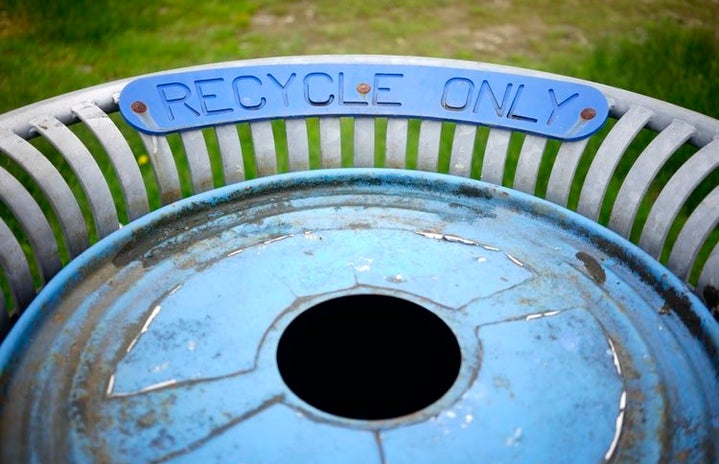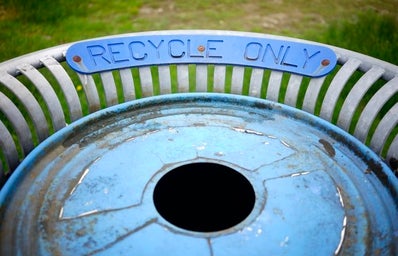According to the National Environmental Health Association, approximately 90% of the waste generated in the U.S. could be recycled, but Americans are recycling only about 30% of their trash. Many of those Americans are college students at universities across the country. All of that waste is caused by lack of education and carelessness. That translates to negative impacts on our environment due to lack of goods actually recycled.
The problem with the Bentley University recycling program is that students and faculty aren’t aware of what you can actually recycle on our campus. Take it one step further and you’ll also find that the majority of that same group don’t realize what happens when they recycle a greasy pizza box or aimlessly toss their drink with a straw in it. While the Bentley University Office of Sustainability has worked hard to provide recycling informational magnets, as well as provide each dorm room with a recycling bin, students are still getting it wrong.
The truth is that for every item disposed of in the large black recycling bins on campus that is not recyclable, all of the other recyclables in that bin are automatically thrown in with the trash. To make matters worse, Casella charges Bentley University $60 for each large black bin that is not recycled. This means that Bentley pays upwards of $2,000 each year for items that cannot be recycled by Casella simply because they are not in the correct bin. Not only is Bentley being forced to pay Casella, Casella clearly does not care about recycling if they’re profiting off of the carelessness of students.
It’s not just at Bentley University that people struggle with understanding what to recycle. A new survey by Covanta and conducted by OnePoll shows that of 2,000 Americans, 62% worry that a lack of knowledge is causing them to recycle incorrectly.
Previously done intervention studies have shown that proper campus recycling can be increased with effective campaigns. In order to educate Bentley students about the recycling protocol on campus, students should be required to take a science and sustainability class their freshman year as well as go to a session during orientation that addresses what can and cannot be recycled on campus.
After completing a recycling audit of all of the recycling bins in Jennison, Elizabeth Stoner’s NASE150 Science and Sustainability students realized that there are so many items thrown in the recycling bins on our campus that are either not recyclable or are dirty recycling that cannot be processed.
Although Bentley has come far in certain ways by holding events on campus such as Earthfest, there still needs to be more widespread education and classes that will encourage Bentley students to see the impact that they make on our campus and the planet. If nothing is done with the current recycling system, Bentley’s contribution to waste in society will be like an overflowing bathtub, allowing the university to be a main contributor of recyclable items ending up in our already full landfills.


